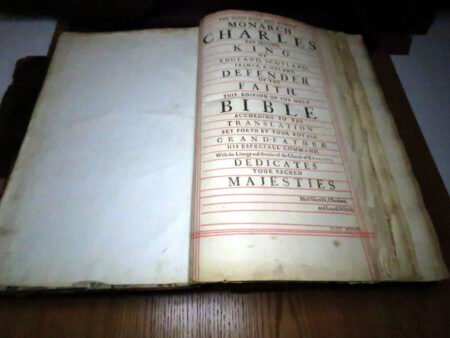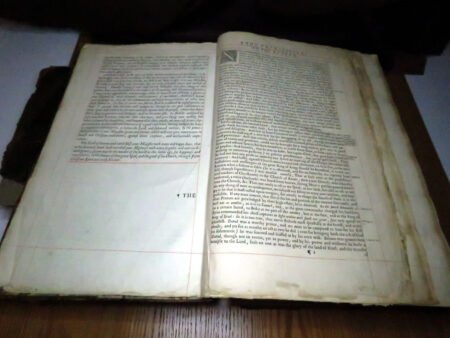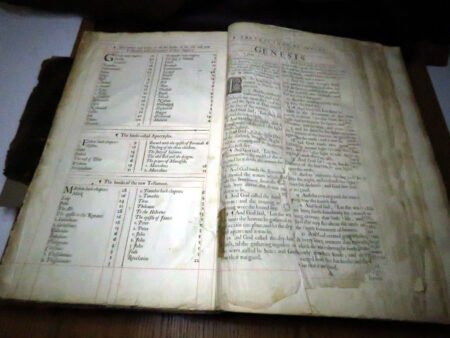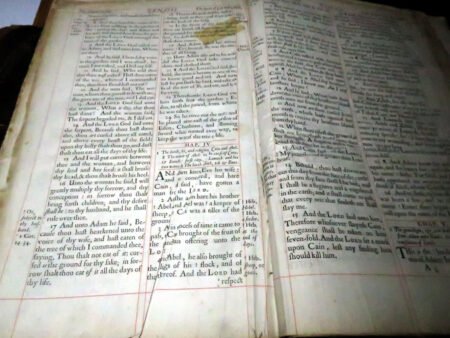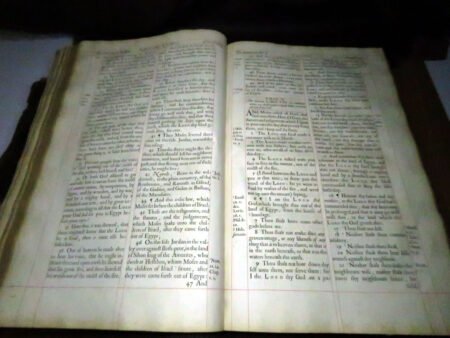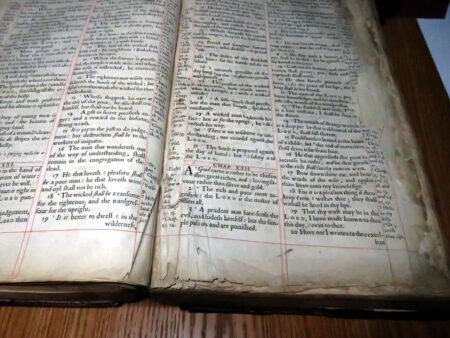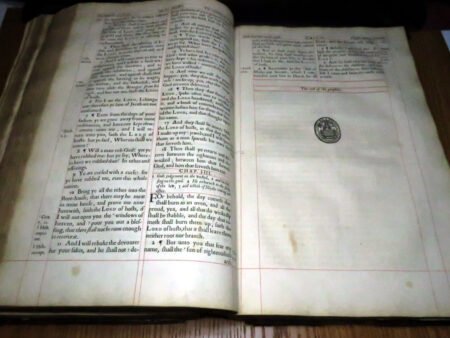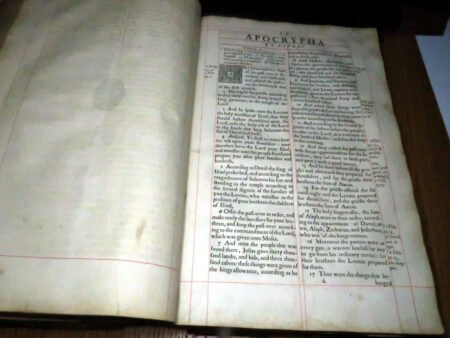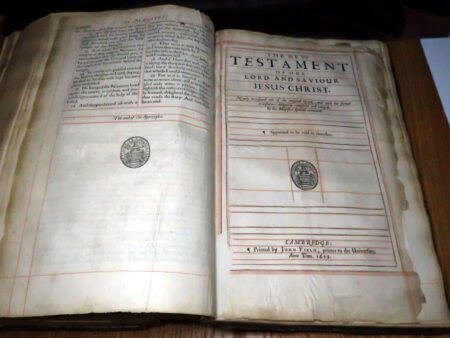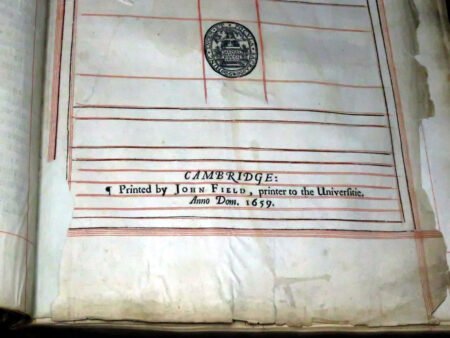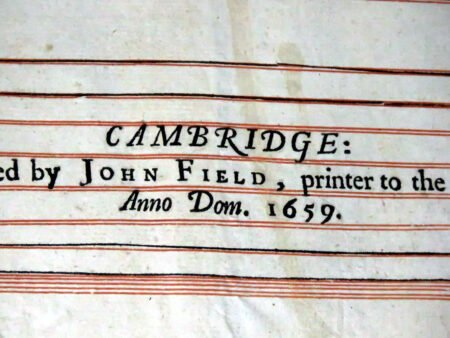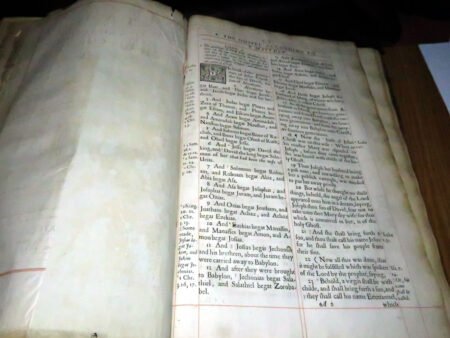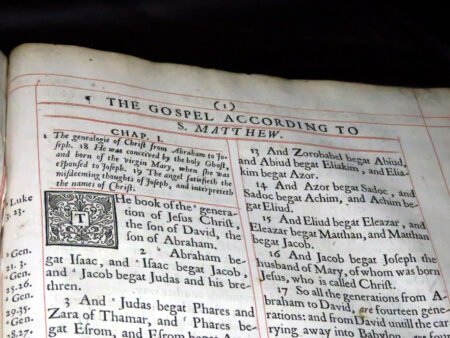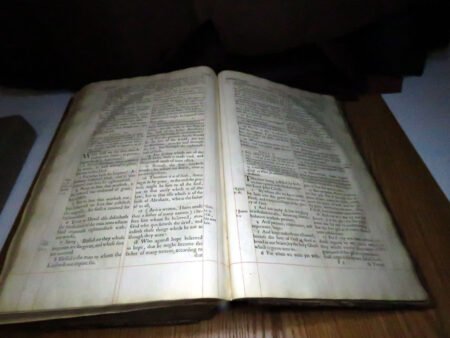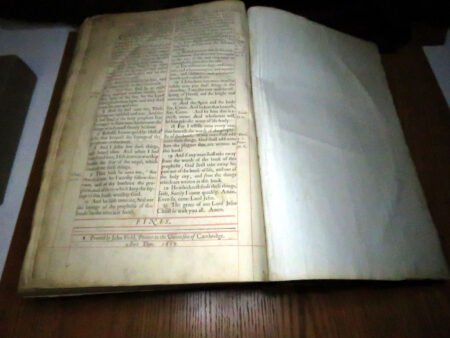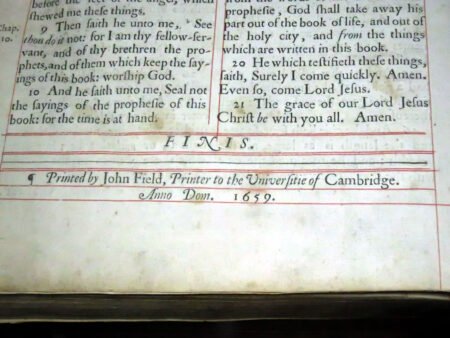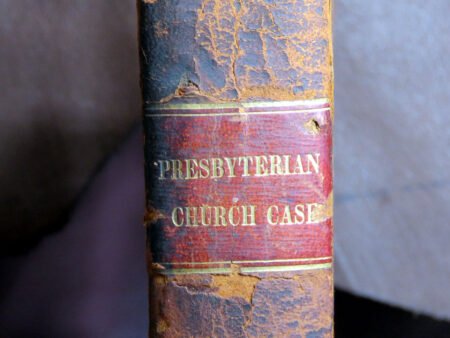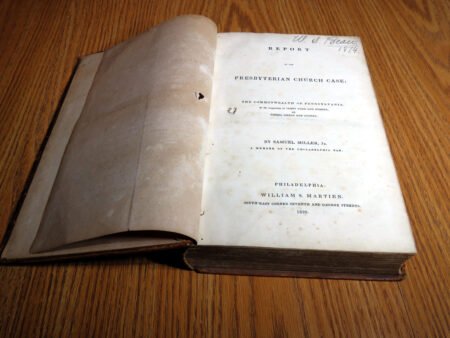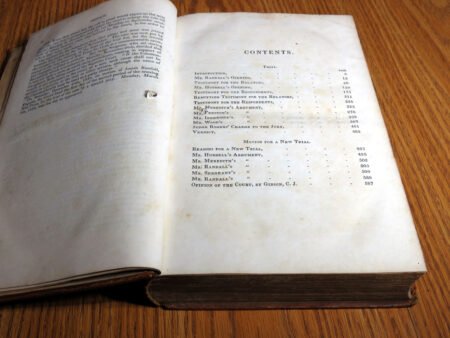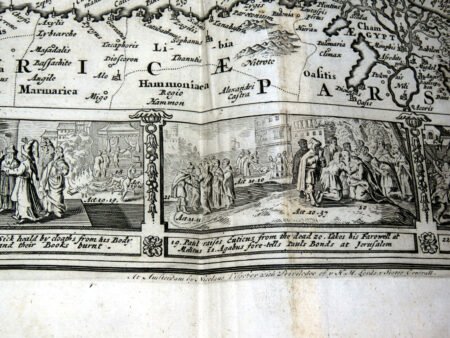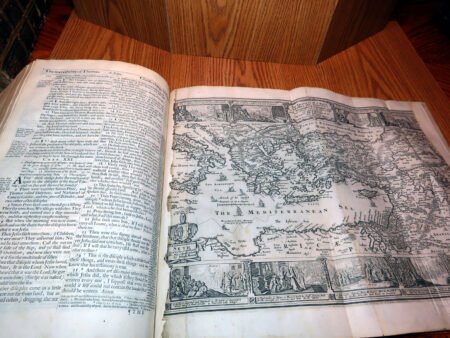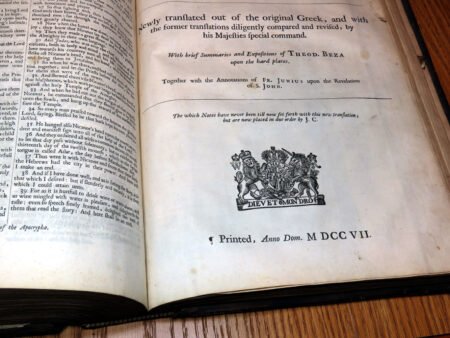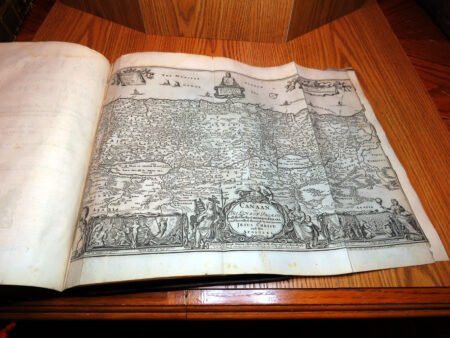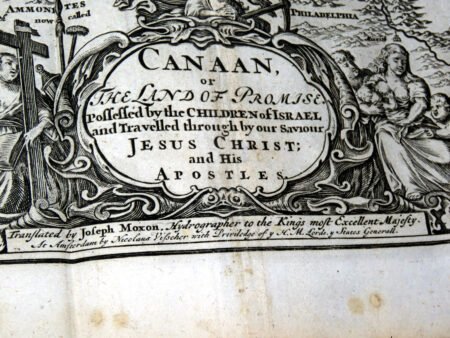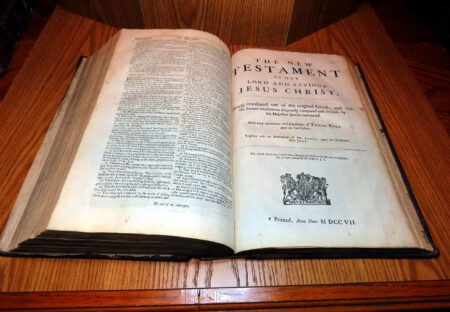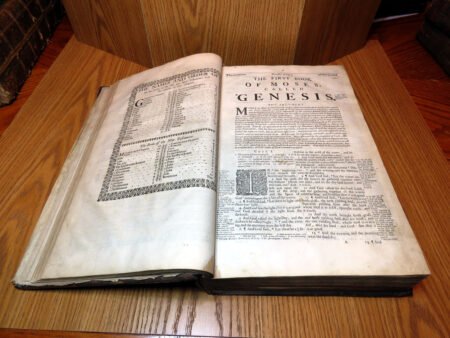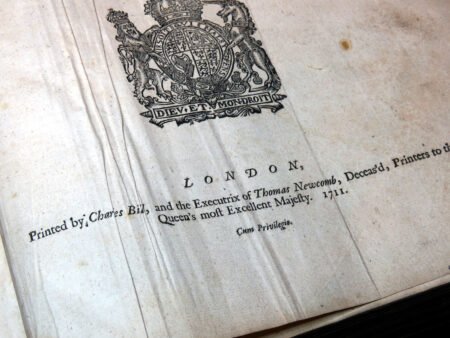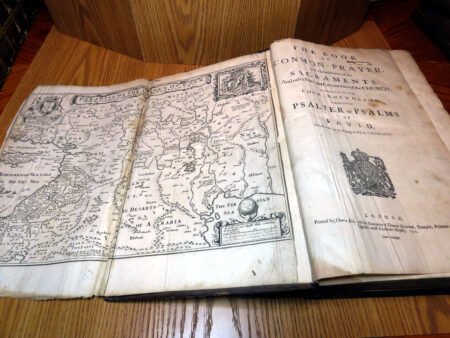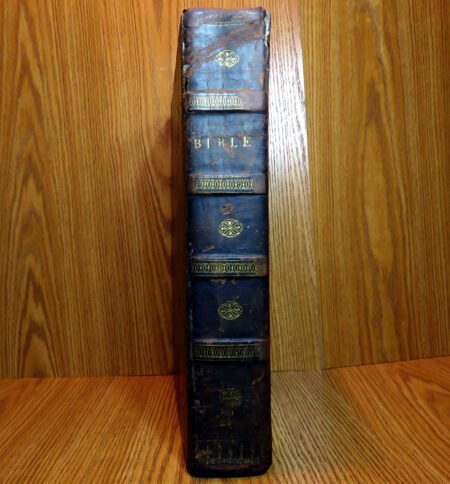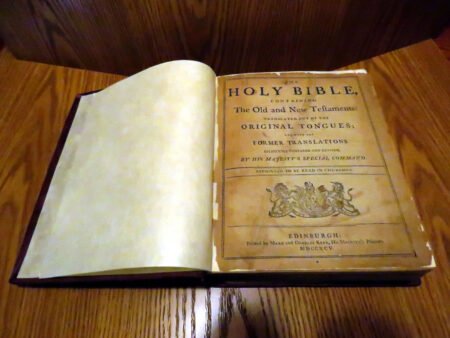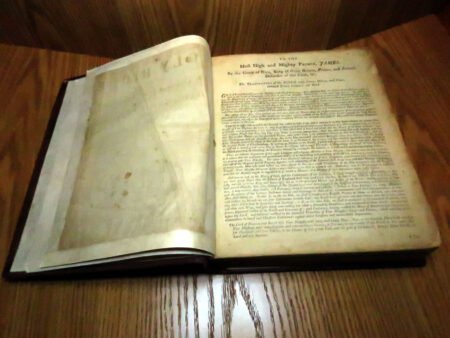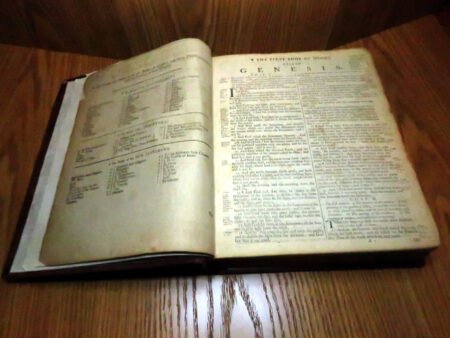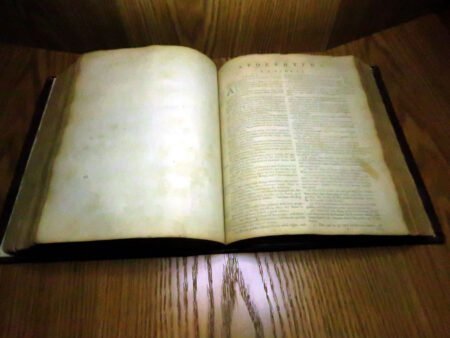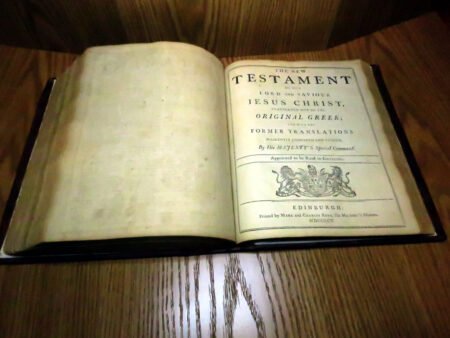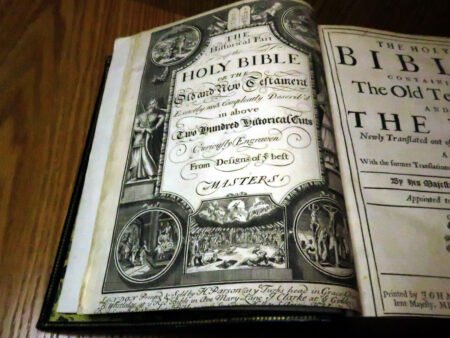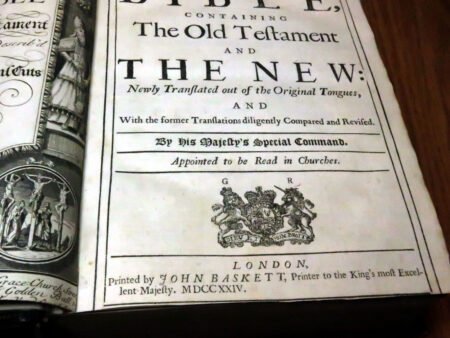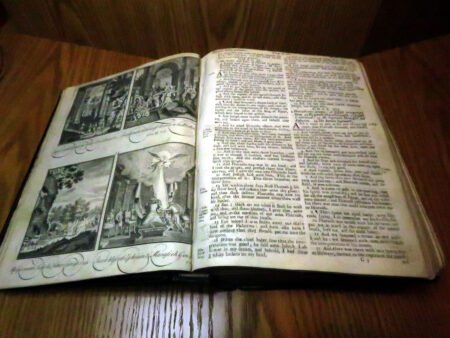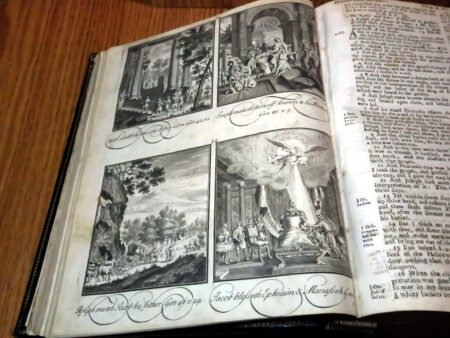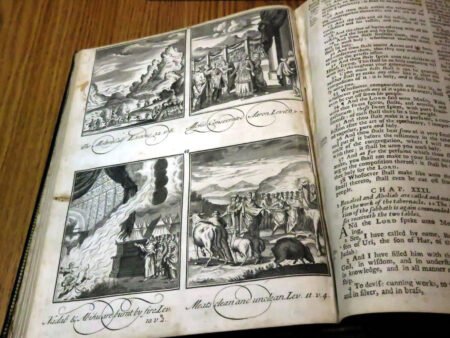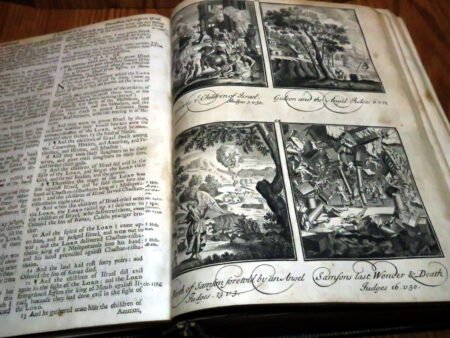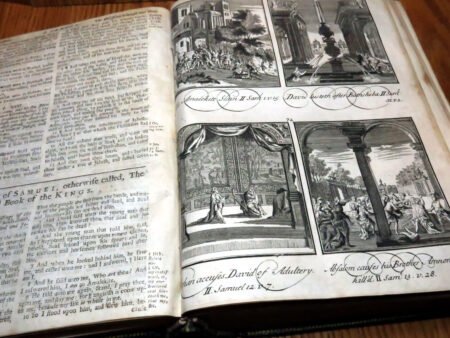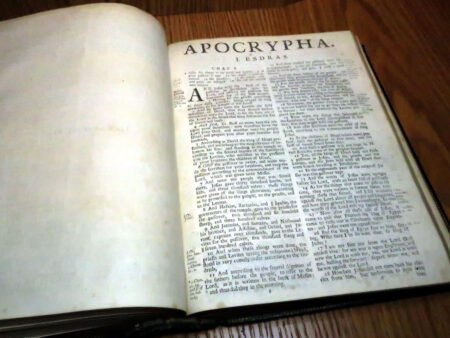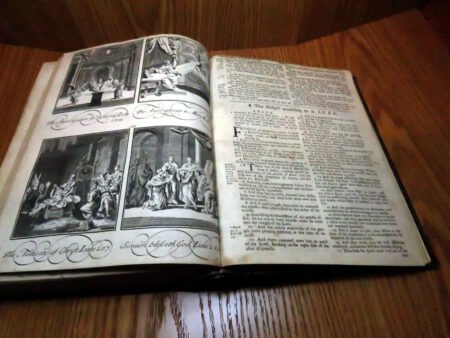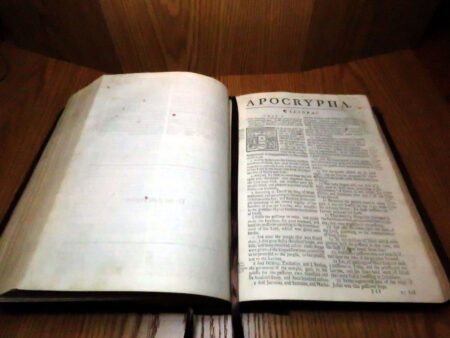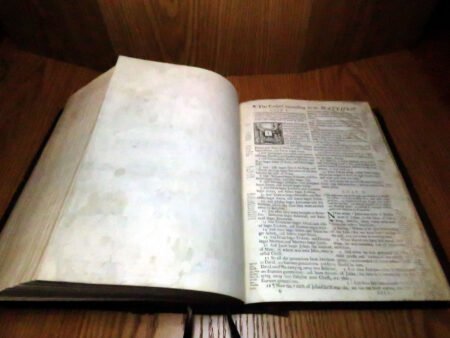
Classical Protestant confessions are a set of documents that outline the fundamental beliefs of Christianity. These creeds were developed during the Reformation era and served as a means to solidify the teachings of the Protestant church. The confessions were written by prominent theologians and leaders of the time, and they continue to shape the beliefs and practices of churches that adhere to them.
History of Classical Protestant Confessions:
During the Reformation era, Protestant leaders sought to reform the teachings and practices of the Catholic Church. The creeds were developed as a means to distinguish Protestant beliefs from Catholic teachings. The creeds were also used to unify Protestant churches and to provide a standard of doctrine and practice for believers.
The Results of Writing the Confessions:
The creeds helped to establish a framework for Protestant beliefs, which provided a foundation for the formation of denominations. The confessions also helped to unify believers across different regions and cultures. The creeds served as a means to clarify theological positions and to provide a standard for interpreting the Bible.
Key Creed and Confessions:
- The Apostle’s Creed: This is one of the oldest creeds and serves as a summary of Christian beliefs. It is widely used by Catholic, Orthodox, and Protestant churches. It affirms belief in God, Jesus Christ, the Holy Spirit, the Church, and the resurrection of the dead.
- The Nicene Creed: This creed was developed in response to the Arian heresy, which denied the deity of Christ. The creed affirms the full divinity and humanity of Jesus Christ and emphasizes the unity of the Trinity.
- The Anglican Confessions: These include the Thirty-Nine Articles and the Book of Common Prayer. They were developed during the English Reformation and emphasize the importance of scripture, justification by faith, and the sacraments.
- The Book of Concord: This is a collection of Lutheran confessions that were developed during the Reformation era. It emphasizes the importance of justification by faith and the authority of scripture.
- The Three Forms of Unity: These include the Belgic Confession, the Heidelberg Catechism, and the Canons of Dort. They were developed by the Dutch Reformed Church and emphasize the sovereignty of God, the depravity of man, and the salvation of believers.
- The Westminster Standards: These include the Westminster Confession of Faith, the Larger Catechism, and the Shorter Catechism. They were developed by the English and Scottish Puritans and emphasize the sovereignty of God, the authority of scripture, and the importance of the church.
- 1689 Baptist Confession: The 1689 Baptist Confession consists of 32 chapters that cover a range of theological topics, including the nature of God, the doctrine of salvation, the role of the church, and the sacraments.
Types of Churches that Adhere to Classical Protestant Confessions:
Many Protestant churches adhere to the classical Protestant confessions. These include Presbyterian, Reformed, Lutheran, Anglican, and Baptist churches. The creeds serve as a means to establish a shared belief system and provide a foundation for theological discussion and debate.
Classical Protestant Confessions play a significant role in shaping the beliefs and practices of Protestant churches. They helped to unify believers and establish a shared belief system. The creeds continue to be used by many churches today and serve as a means to provide a foundation for theological discussion and debate.









